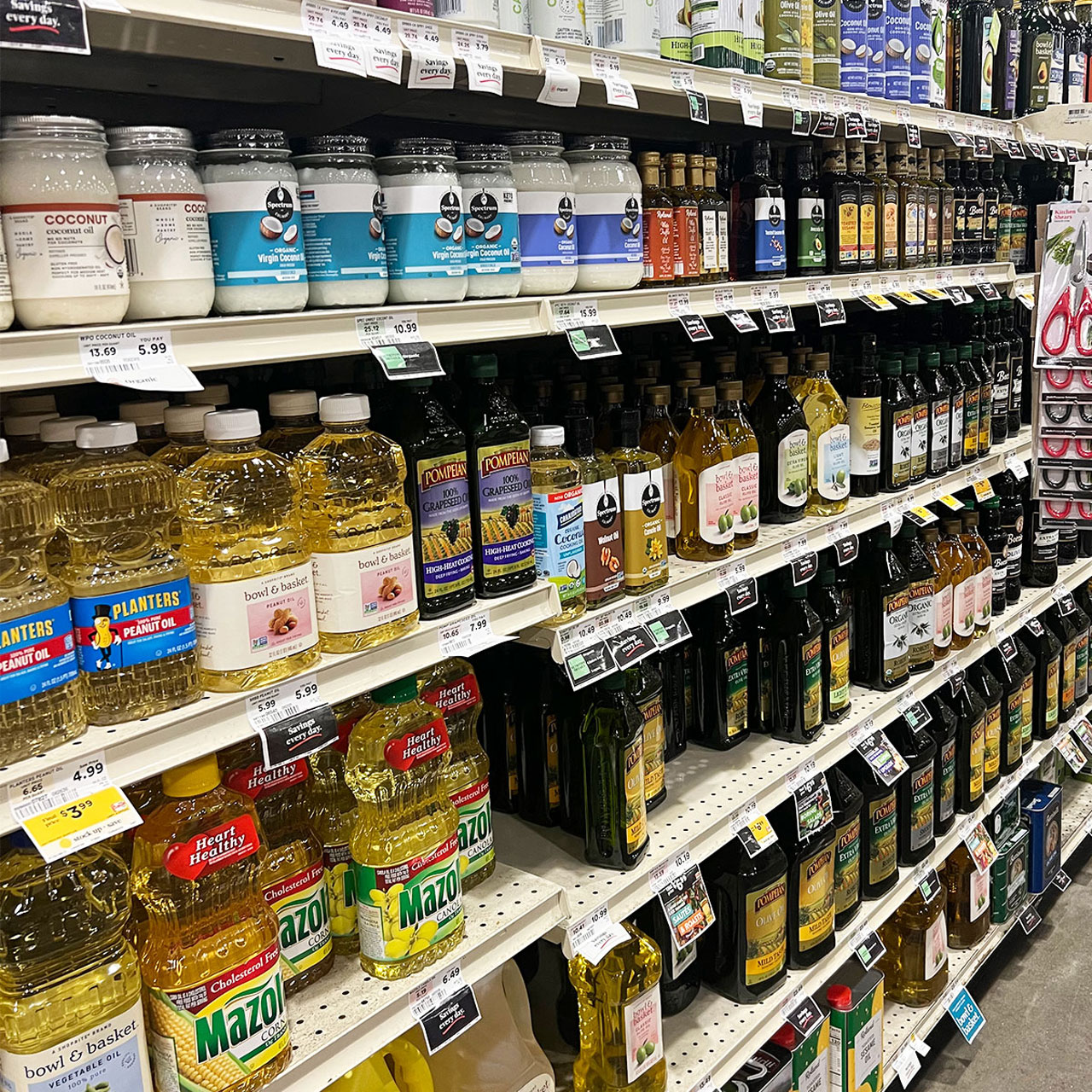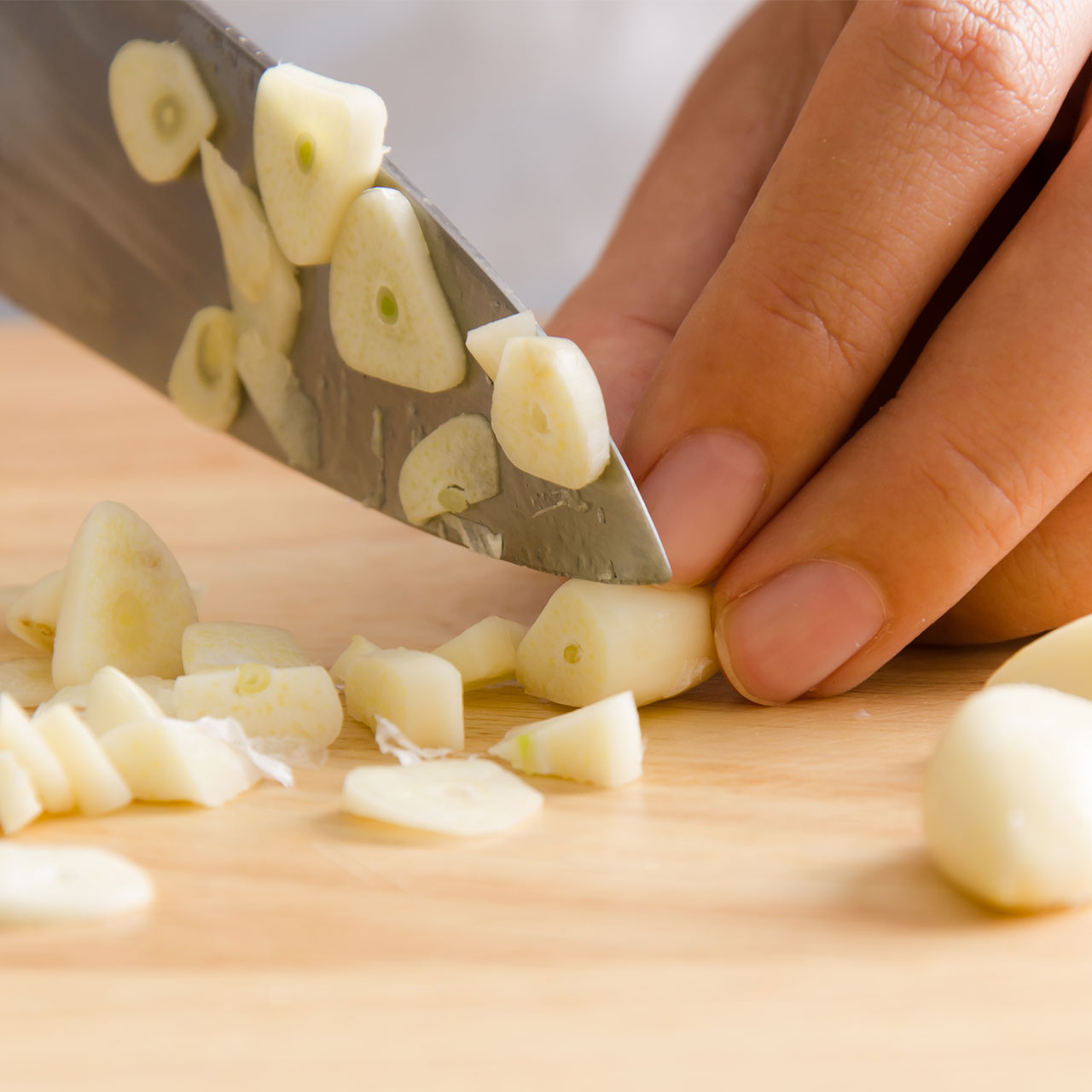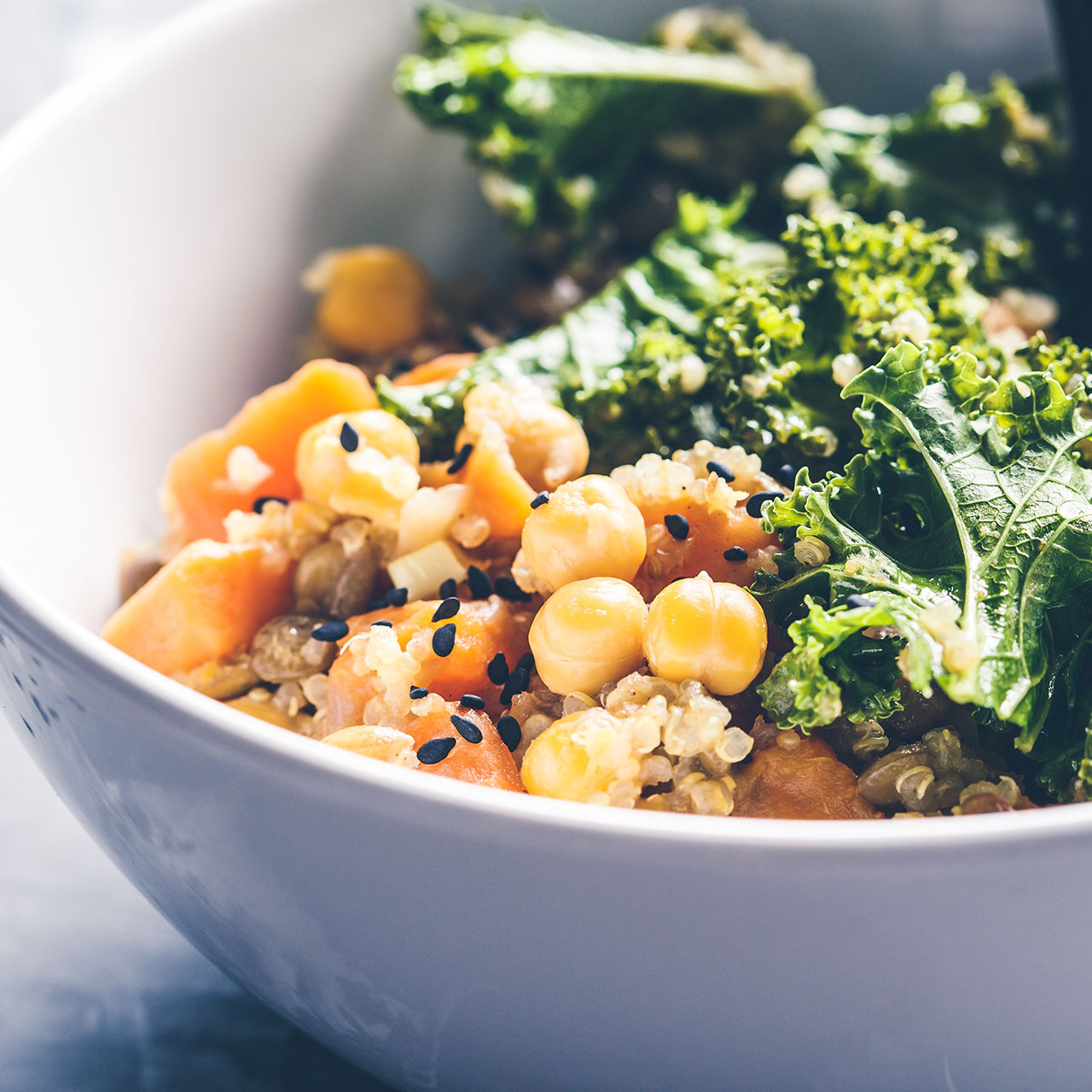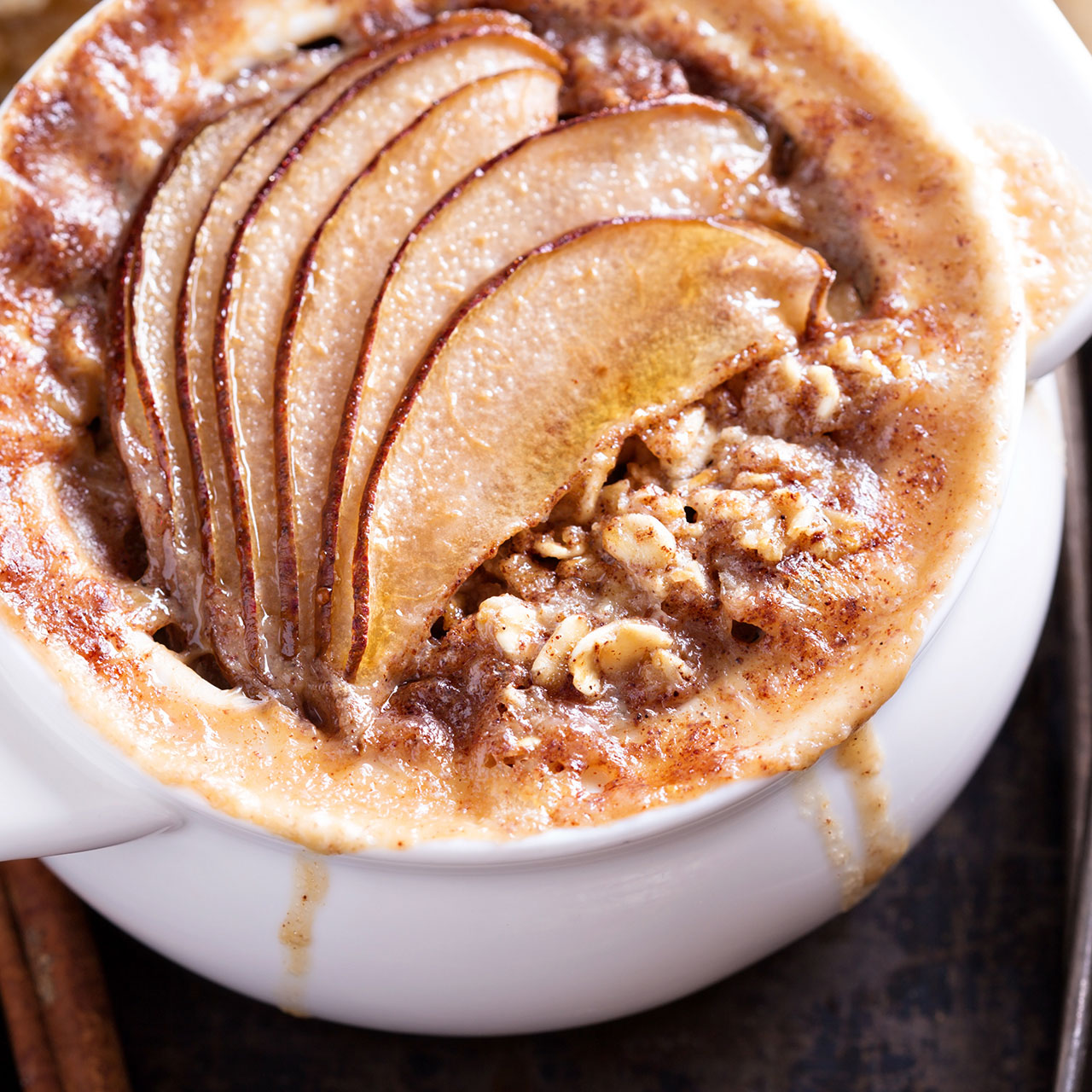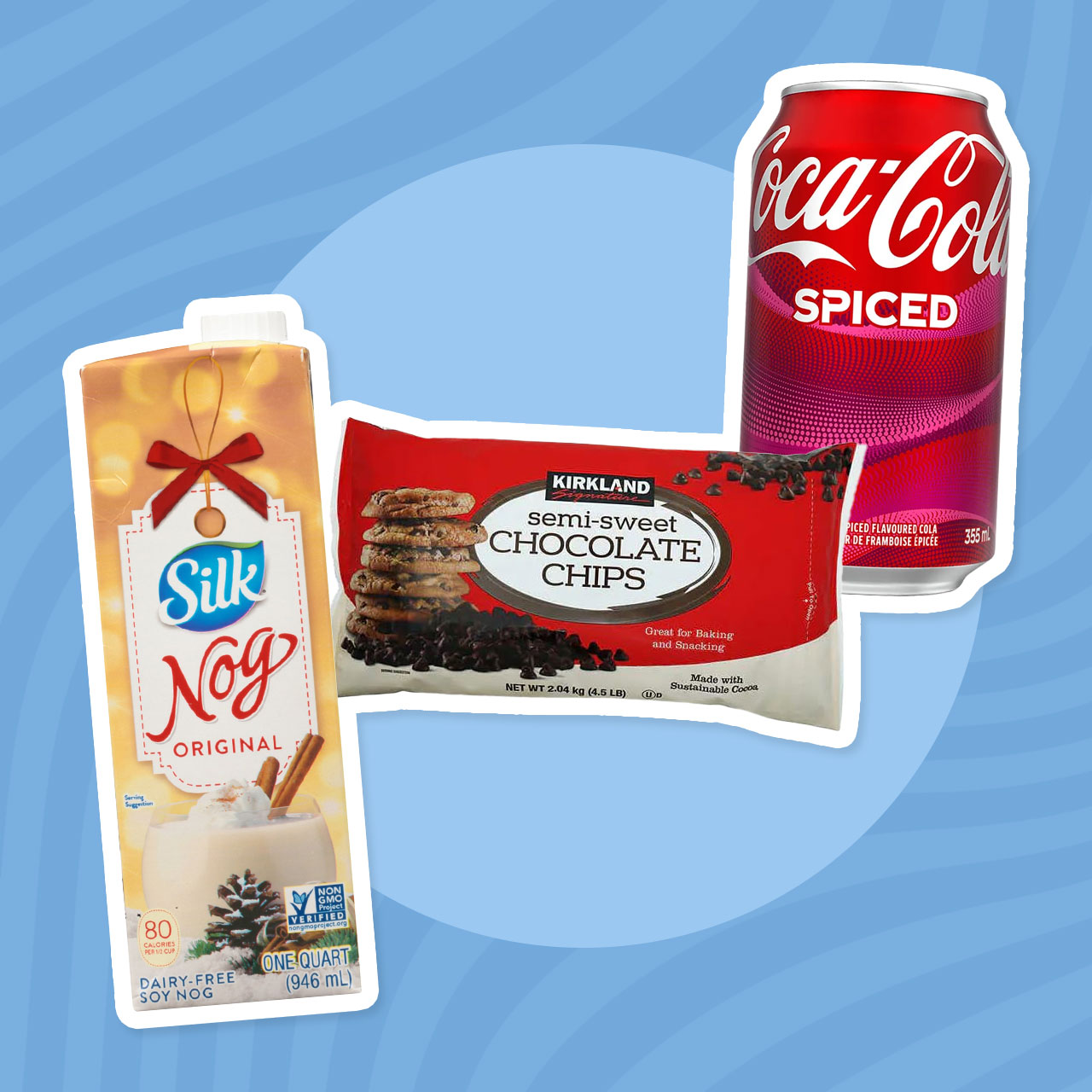Oils play a significant role in our diets as an ingredient that’s used almost every day. If you’re trying to take care of your heart health, it’s especially important to choose the right oils when cooking. Some oils, such as olive oil, promote heart health. On the other hand, inflammatory oils can have the opposite effect, causing a risk of heart disease and other health risks.
There are tons of different oils on the market, so we checked in with some of our health experts to discover eight different oils you should skip the next time you stock up on this cooking essential. Some of the worst options are canola oil, soybean oil, cottonseed oil, and more. Read on to discover all eight.

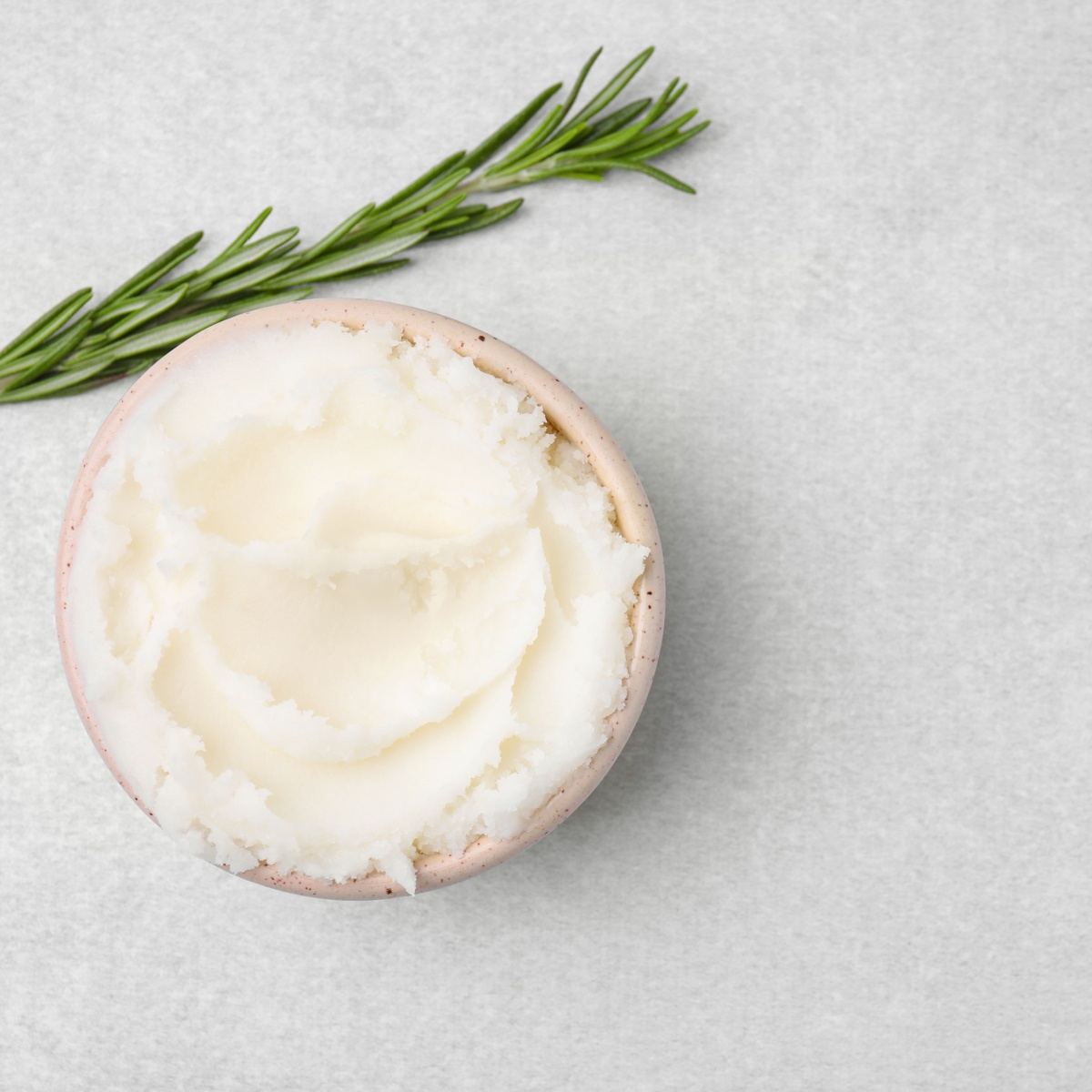
1. Lard
Lard has a high content of saturated fat, and saturated fat has been linked to increased levels of LDL (bad) cholesterol.
"Lard is a rendered pig fat and is high in saturated fats. While it contains some monounsaturated fats (similar to olive oil), the high saturated fat content can raise LDL ("bad") cholesterol. It contains around 40% saturated fat, which may result in plaque buildup in arteries (atherosclerosis), restricting blood flow, and increasing the risk of heart attacks and strokes," says Catherine Gervacio, registered dietitian and nutrition writer for Living.Fit.
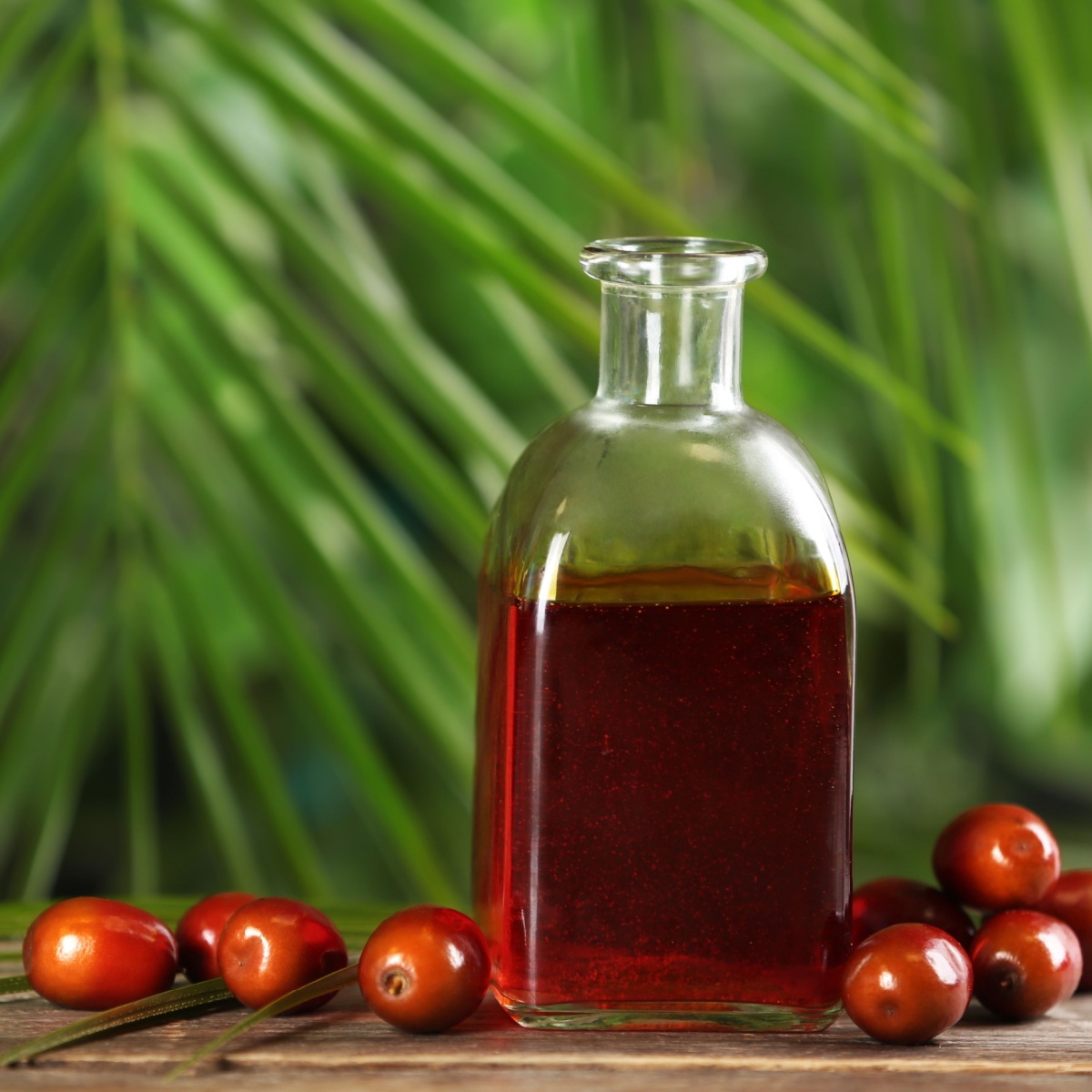
2. Palm oil
Gervacio says to use palm oil in moderation because this type of oil is known to contribute to chronic inflammation in the body. As for heart health, the high omega-6 fatty acids can come with a risk, as she notes, "Inflammation plays a key role in the development of various cardiovascular diseases and metabolic disorders, including type 2 diabetes. It also contains a higher ratio of omega-6 fatty acids relative to omega-3s. Consuming excessive omega-6 fats while having low omega-3 intake can promote inflammation, further increasing the risk of chronic diseases, including heart disease."

3. Reused oils
You may be surprised at how many times restaurants and other places reuse their oils. Some individuals even practice this at home for the sake of cost savings and convenience. However, this convenience can cause some serious risks for your arteries.
"These oils promote inflammation and oxidative stress, both of which contribute to heart disease by damaging blood vessels and promoting plaque buildup in arteries. That's because repeated frying generates free radicals (unstable molecules that can damage cells and tissues), leading to inflammation and an increased risk of cardiovascular disease. Free radicals also contribute to the oxidation of LDL cholesterol, which accelerates the development of atherosclerosis (hardening and narrowing of arteries)," Gervacio states.
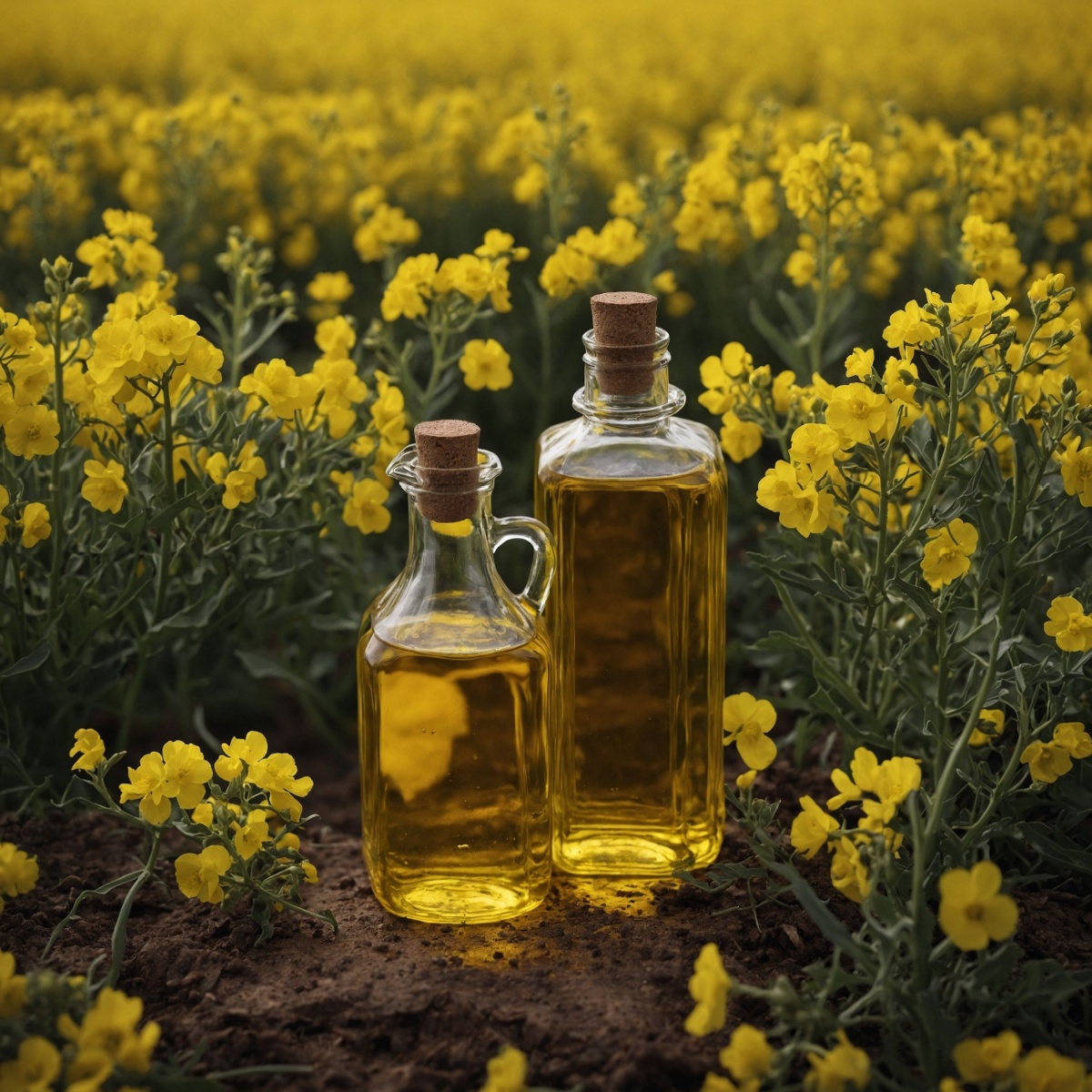
4. Canola oil
Canola oil is a popular option that’s often marketed as a heart-healthy choice because of the low saturated fat content. However, this type of oil is high in omega-6 fatty acids, which, while essential in moderation, can increase inflammation when consumed in excess or not balanced with omega-3 fatty acids.
"Canola oil is not heart-healthy as advertised. It is highly processed, contains trans fats, and promotes inflammation. It should be avoided," says Dr. Ralph Waldo.
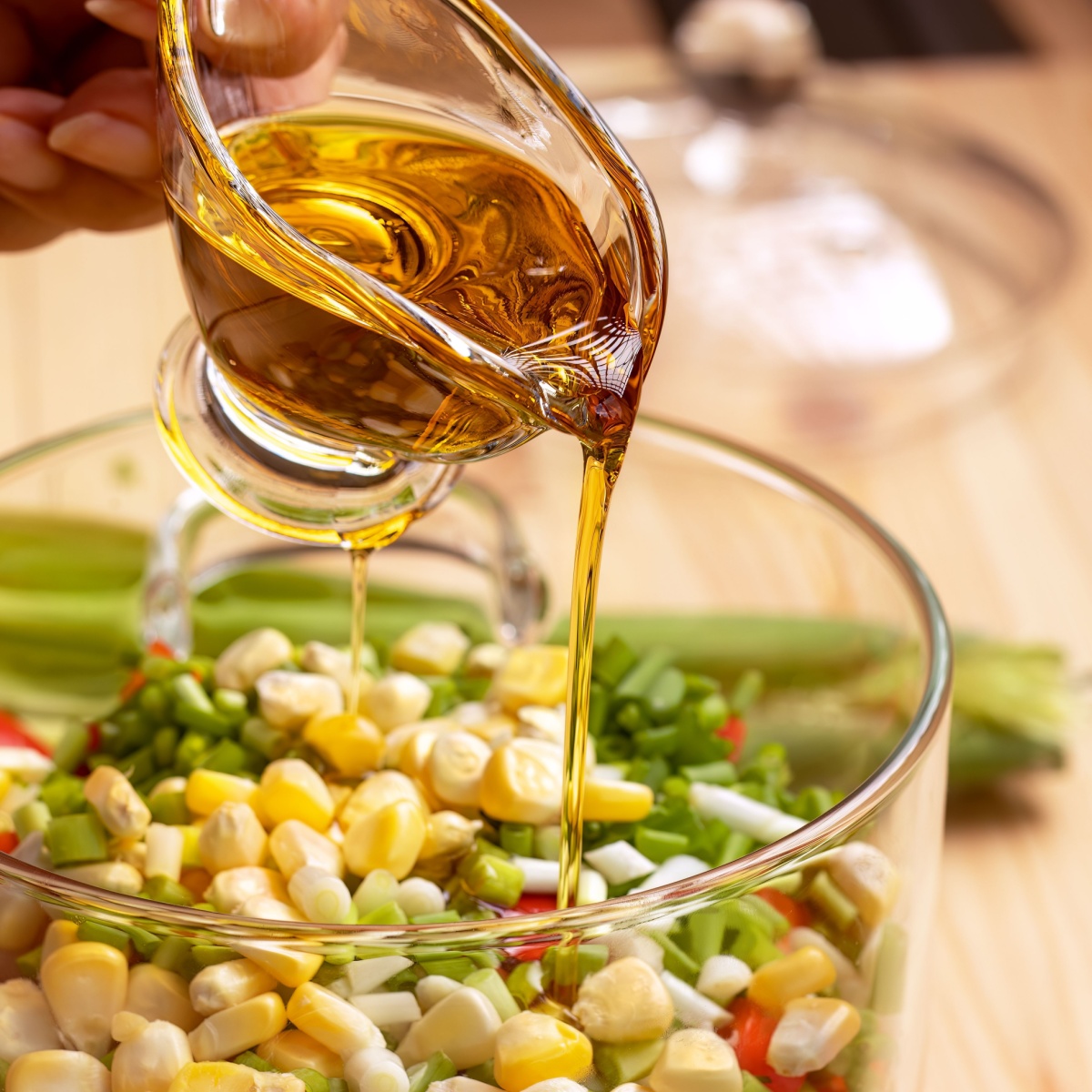
5. Vegetable oil
Many of these commercial vegetable oils undergo excessive processing, which can create trans fats. This is especially true if they are partially hydrogenated.
"Vegetable oil is a blend of inflammatory oils like corn, soybean, and canola oil. It provides no nutritional benefit and exacerbates inflammation in the body," Dr. Waldo notes.
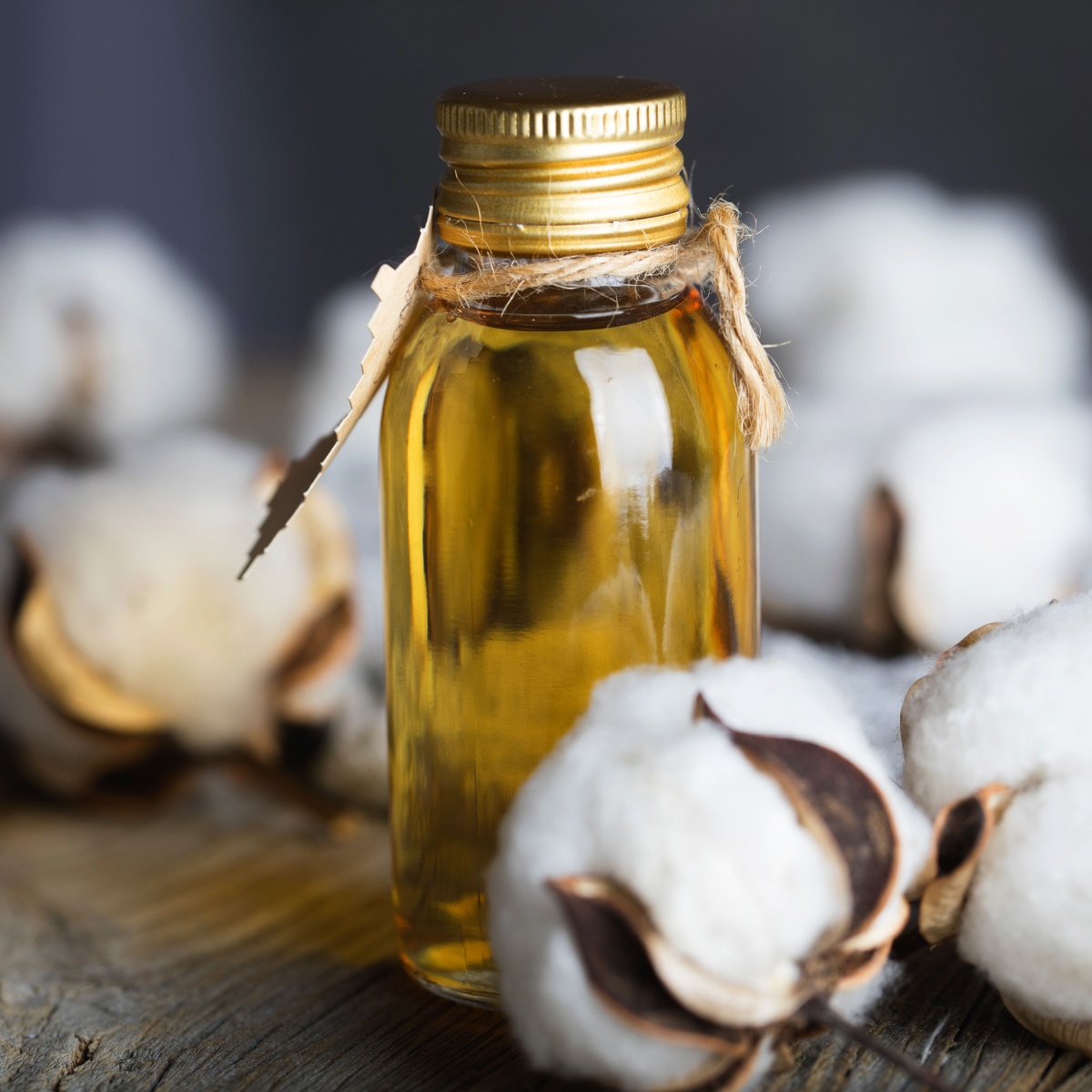
6. Cottonseed oil
Cottonseed oil is another one that is rich in omega-6 fatty acids. An imbalanced intake of omega-6 relative to omega-3 fatty acids can lead to chronic inflammation, a potential factor in the development of cardiovascular issues.
"Cottonseed oil is a byproduct of the cotton industry that is highly processed and inflammatory. It is used in snack foods and should be eliminated from the diet," says Dr. Waldo.
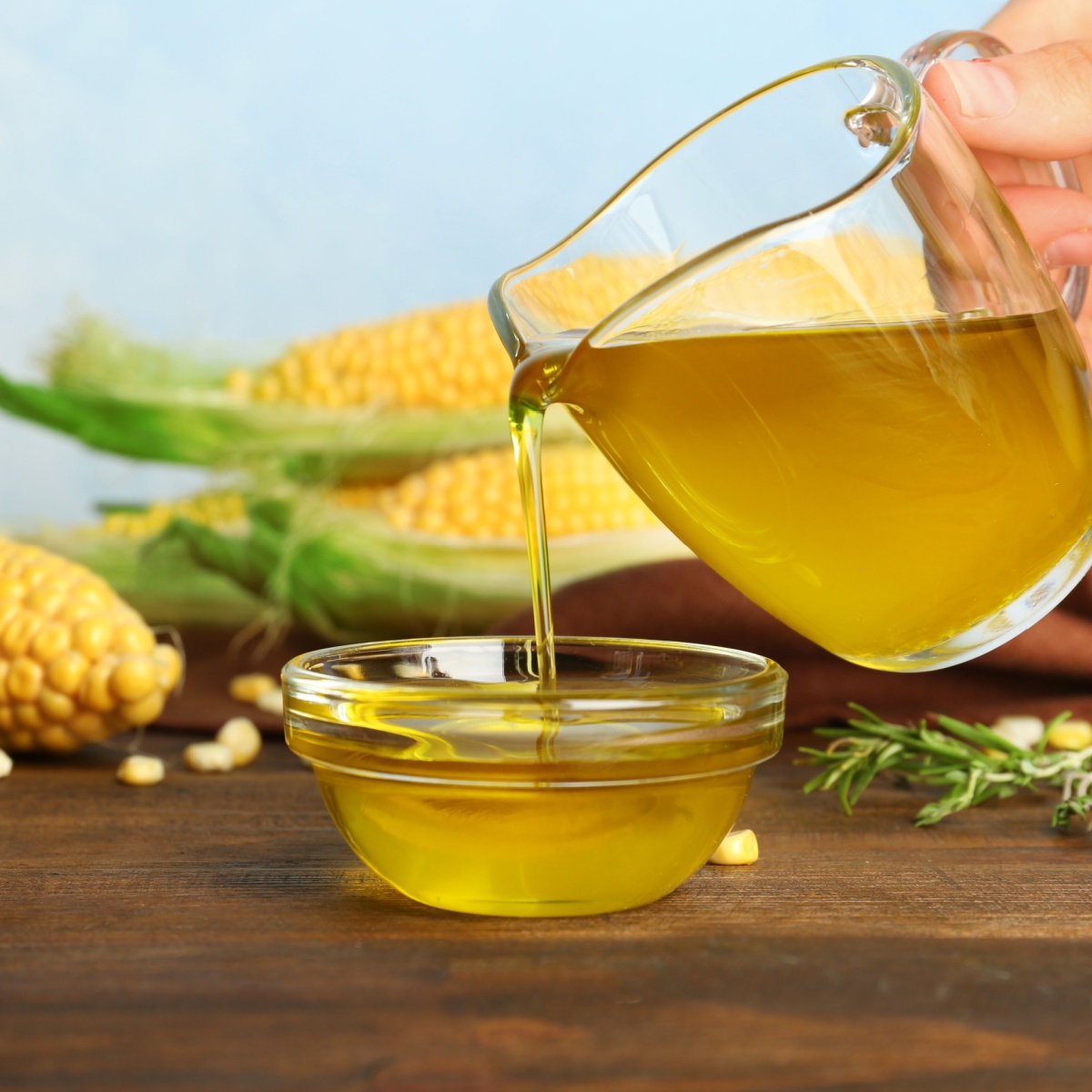
7. Corn oil
Many commercially processed corn oils may contain trans fats. Trans fats raise LDL cholesterol while lowering HDL (good) cholesterol.
Dr. Peter Brukner, nutritionist, dietitian, and author of Fat Lot of Good, elaborates on this type of oil and reveals, "Even though corn oil is often sold as a healthy option, it can make trouble when you cook with it. When you heat corn oil, it makes free radicals. These are unstable molecules that can harm your cells, including the ones in your heart. This makes the oxidative stress in your body go up, which can cause inflammation and a bigger chance of getting heart disease."

8. Soybean oil
You may have noticed that soybean oil is a common ingredient in many processed and fast foods. These foods are almost always high in calories, low in nutritional value, and contribute to unhealthy eating habits. Just like vegetable oil, soybean oil’s inflammatory effects can contribute to heart disease.
"Soybean oil is present in many foods that are processed, but it’s not very good for your heart. Similar to vegetable oil, soybean oil contains a lot of omega-6 fats, which lead to inflammation. With time, this can harm the inside of your arteries and cause plaque to build up. This makes it more difficult for your heart to move blood. Also, many kinds of soybean oil have bad trans fats that increase your "bad" cholesterol," says Dr. Brukner.





